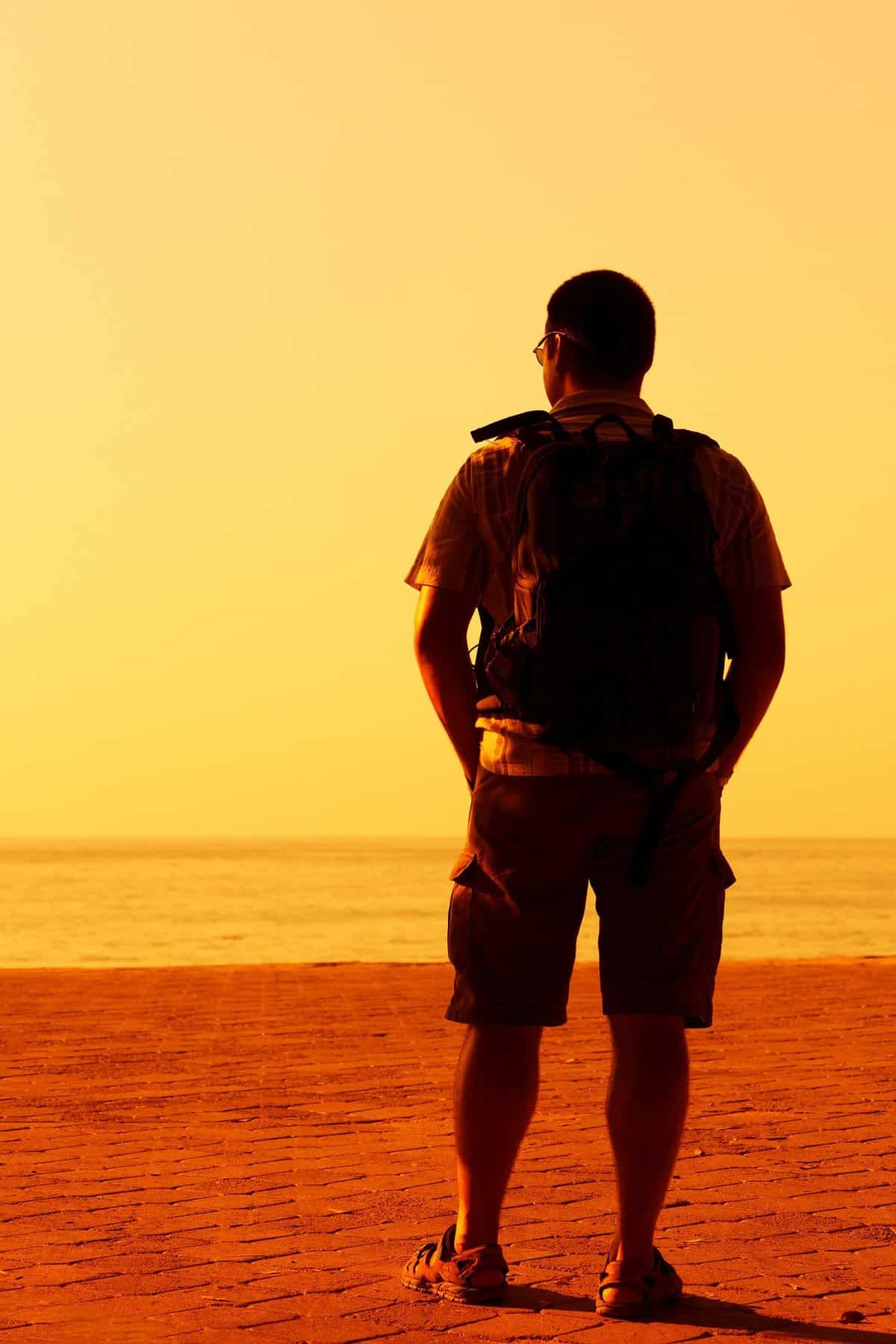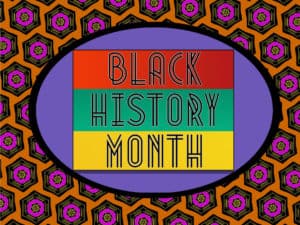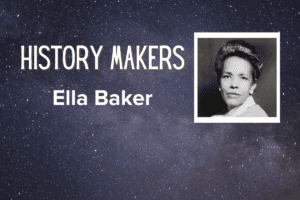
Dear white, suburban, Christian brothers and sisters,
Like many of you, on the evening of Saturday August 12th, my eyes were glued to the unfolding events scrolling across the screen of my phone—my mouth open, stomach turning, head swirling and palms sweating as my body reacted to what I was seeing. We all saw the footage of Nazi flags waving proudly through the air, unmasked KKK members violently shouting racist attacks, outbreaks of physical violence, and a car turned projectile, injuring many and killing a woman named Heather Heyer. I watched in horror as Charlottesville, Virginia became a portrait of a reality that many of us have been living, blatantly, as if does not exist.
Charlottesville: beautiful, sophisticated, cultured, educated, bucolic, clean. Like we all pretend to be. The faces of the racist white supremacists wore no masks, displaying clearly what was, to me, the most jarring elements of the footage. The white supremacists look like me. They look like my son. As I turned off my phone for the night, whispering prayers of desperate repentance and hope, my heart began to feel broken in a new way.
I saw my history and my whiteness…glimpses of my own implicit bias and an idolatrous heart that would put my success, my needs, my children, and my preservation above those of another.
Later that week, I joined some of you at a rally in Philadelphia to stand in solidarity with the counter-protesters in Charlottesville. “We’re glad you’re here,” people of color called to the newcomers, crowds of white allies. “But where have you been?” The questions went on. “Were you shocked when you saw this? Do you think racism is a new thing? Did it really take the image of a waving Nazi flag and the kind of violence that happened in Charlottesville to get you to show up? Where have you been?”
I wanted to shout back, “Listen, you don’t understand! It’s complicated. I’ve been here, sort of, in my own ways. But my opinions are nuanced and I’ve been trying to be delicate and cautious. I’ve got kids at home and I work and this is just not the season of life for me to stand up against injustice.” But in truth, a more honest response might have been, “I’ve been embarrassed, ashamed, and afraid, that’s where I’ve been.”
And so what now? What are the action steps for the newly-woke white suburban Christian in the wake of Charlottesville? I’d like to suggest a few steps that I’m trying on for size:
Acknowledge that racism is not a new thing.
The land we inhabit was stolen from one oppressed people group, and built on the backs of another. Our churches have been complicit in that history. We are all a part of that narrative. It does not take much investigative work to recognize that there are systems of inequality, injustice, and violence that still loudly present themselves within our society. Our collective white shock over the events in Charlottesville is understandable only because we have not been showing up in the spaces where these injustices have been just as loud, in different ways and on an ongoing basis. Let’s take a step back from our outrage, and acknowledge that this is not a new thing.
Start showing up.
When I first heard people begin to ask me, “Where have you been?” my first reaction was to shut down; to go back into my little corner of the suburbs and hide. So may I humbly suggest that we start showing up? And I don’t just mean at rallies—although that’s a good start. I mean showing up by becoming educated on the issues of racism and other systematic injustices, and speaking up against these systems that are at play in our daily lives. Using the voices we have in the spaces where we have them—that’s where change will happen. Speaking up against racism, sexism, and all kinds of oppression in our workplaces, churches, and family dinners. We desperately need to start showing up in these spaces.
Stop pretending this is “gray” or “nuanced.”
Friends, let me lean in a little closer for this one: as Christians, human rights are not up for debate. What was on display in Charlottesville was a large group of people that would like to elevate their right to flourish as humans above that of all other humans. There are people who seek to take away human rights, and people who seek to protect them. I’m not sure there’s much room in the middle here. There are plenty of gray and nuanced issues where we can get stuck in the weeds, but this is not one of them. This is not about politics, freedom of speech, or any other loaded or complicated topic you can name. When we’re talking about the KKK, Nazis, and White Supremacists, we’re talking about human rights.
Look to the Cross.
The truth is, when I saw the footage from Charlottesville, my heart was broken because I saw fragments of myself. I saw my history and my whiteness, yes, but I also saw glimpses of my own implicit bias and an idolatrous heart that would put my success, my needs, my children, and my preservation above those of another. We need to take a hard look at those areas of our lives where we benefit from systems of injustice. We need to take a hard look at the ways we are benefiting from that injustice, and the ways we are participating and complicit in that injustice, through our own activities…or our lack thereof.
May we take our eyes off ourselves for a moment, off our propensity for self-promotion and self-preservation, off our fear, inadequacy, and shame, and may we look to the Cross. The message of the Cross is one of radical self-giving. The message of the Cross demands that we wrap our lives around the experiences of pain that others are feeling, and allow ourselves to be implicated by that pain. May we acknowledge our brokenness, and shift our eyes to the Cross of Christ, that we might be called into action today.
Benjamin Capps is a postulant for Ordination in the Episcopal Church and serves with the Pastoral Staff at Church of the Good Samaritan in Paoli, PA. He is a graduate of Bethel Seminary (M.Div), is currently pursuing a post-masters certificate in spiritual formation from Boston College, and a Sacred Theology Masters from United Lutheran Seminary.


